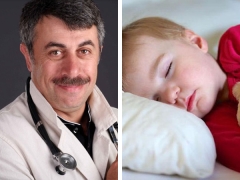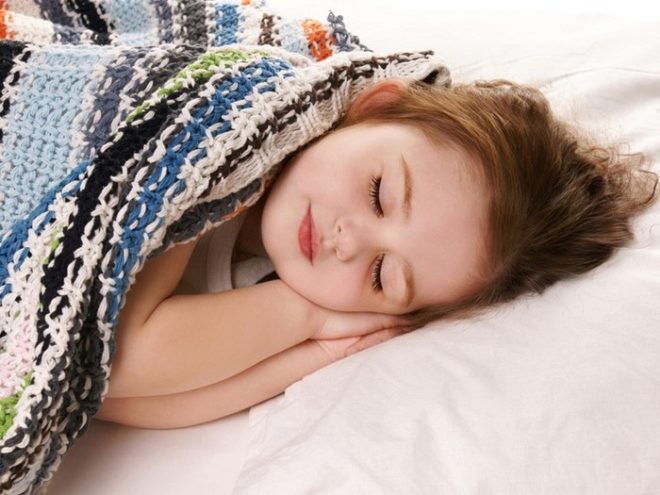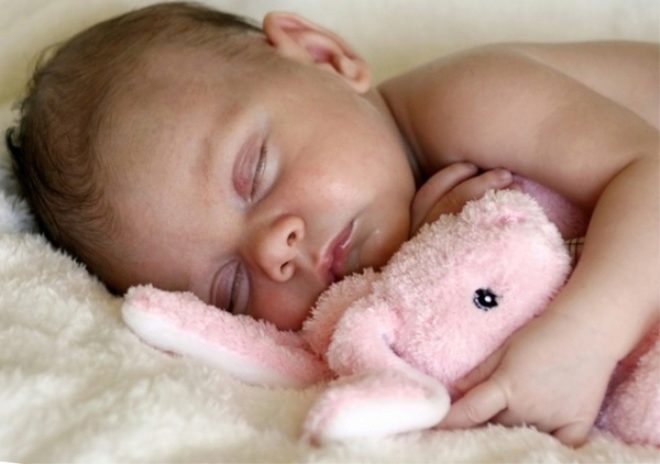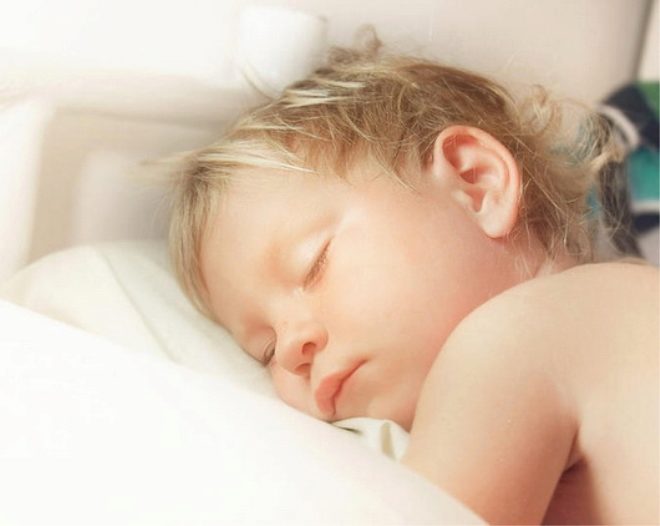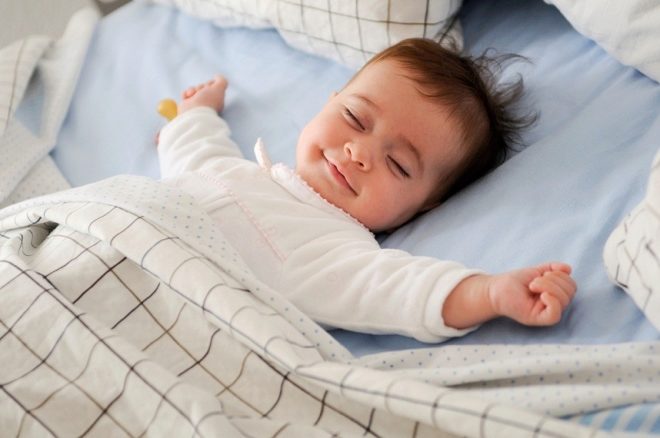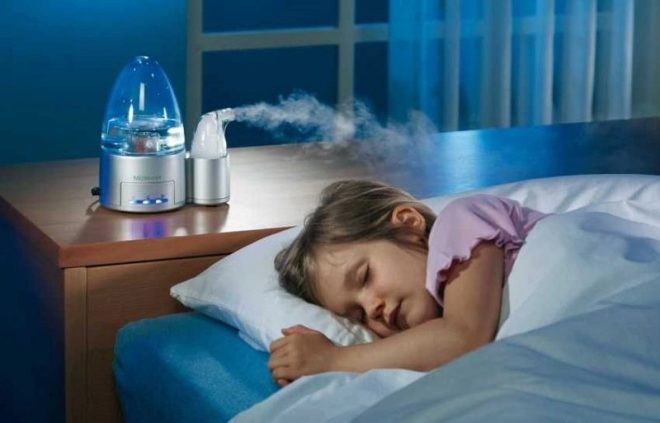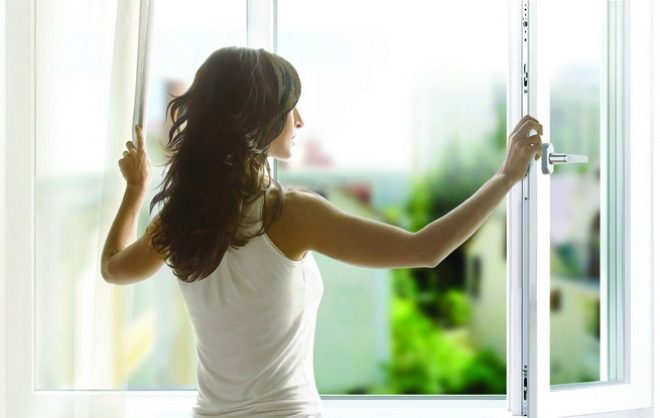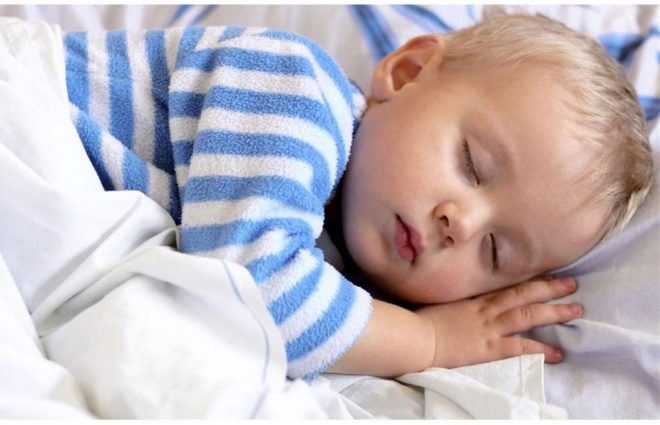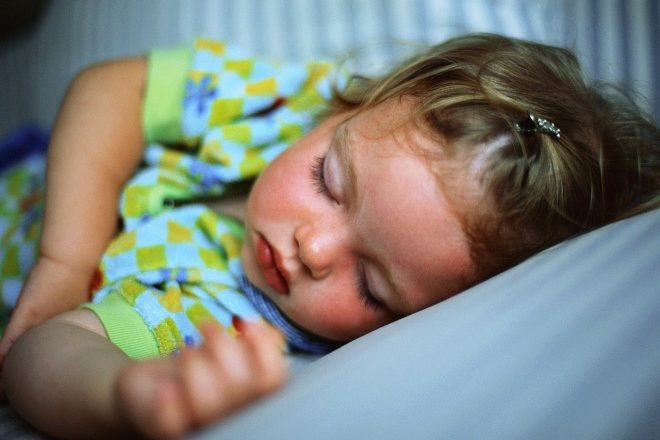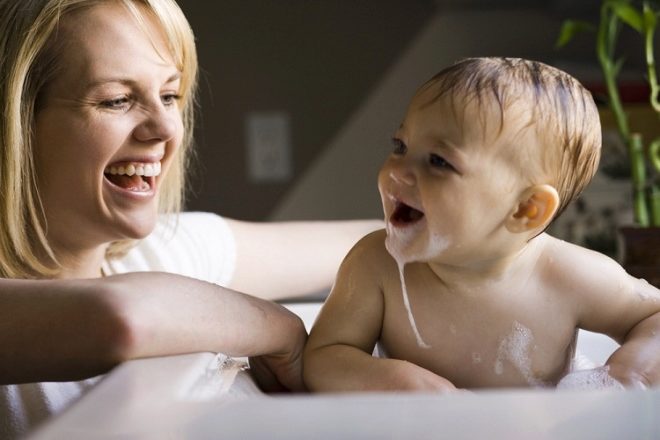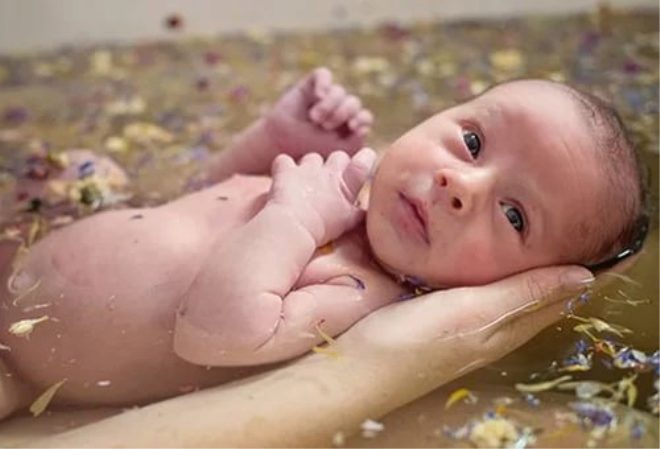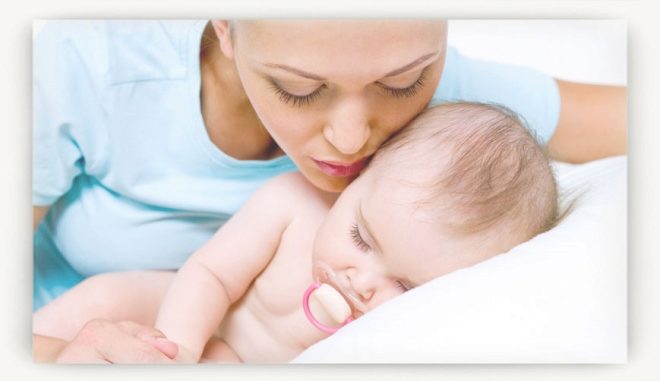Dr. Komarovsky about why a child sweats in a dream
Sometimes parents are faced with such a nuisance as increased night sweats in a child. The crumb wakes up in a dream as soon as he falls asleep, and sometimes parents need to change the baby several times during the night into other pajamas. Naturally, this can not disturb the caring moms and dads. They ask the well-known pediatrician and author of books on children's health, Yevgeny Komarovsky, to ask if the child is ill, if he needs to treat him with something.
About the problem
Night sweating is a more common phenomenon than it might seem at first glance. According to statistics, every tenth patient turns to pediatricians with such complaints. In most cases, Komarovsky says, there is no cause for concern.
The sweat glands begin to function actively when the child turns 1 month old. But they are still imperfect and work “in test mode” for up to 4-6 years. It is at this age (from 1 month to 6 years) and accounted for most of the complaints of sweating. As a rule, Komarovsky says, the problem can be easily “outgrown”.
Another children's feature of thermoregulation is that it occurs not so much with the skin as with adults, but with lungs during breathing. If the air is too dry or the baby has a disease of the upper and lower respiratory tract, the pulmonary respiration is disturbed, it is not surprising that he sweats heavily in his sleep.
Much affects sweating, and the complexion of children (chubby and big children sweat more than thin ones), and temperament (mobile and especially impressionable kids sweat more calmly). But the atmosphere and the microclimate have the greatest impact on the child.
Possible reasons
Most often, night sweats are not a pathology, but a variant of the norm, the individual characteristics of the functioning of its vegetative nervous system. Everything goes with time, and if it does not, it can also be a variant of the norm (after all, there are sweaty adults!).
Yevgeny Komarovsky encourages parents to calm down and not be nervous. However, there are 1-3% of children with such a problem, in whom sweating may be a symptom of some disease.
In itself, excessive sweating is not a disease and does not require treatment. But if in addition to the fact that the child’s feet, hands and head are sweating in a dream, there are other painful and disturbing symptoms, you should visit the child’s doctor and undergo the necessary examinations.
The list of diseases that occur with increased sweating is quite large:
- Problems with heart;
- Ricketsdeficiency vitamin A D;
- VSD - vegetative dystonia;
- Sleep apnea (a syndrome in which involuntary breath holdings occur during sleep);
- Problems with the functioning of the immune system, the thyroid gland;
- ORVI, Colds and other infections with respiratory symptoms;
- Chronic and prolonged respiratory diseases;
- Drug sweating (reaction to medication).
An urgent visit to the doctor requires a situation where, in addition to night sweats, the child often wakes up, sleeps restlessly, “tinkers” a lot in the bed, when he wakes up his red face, in a dream he breathes unevenly, intermittently, snores, holds his breath. This may indicate sleep apnea - a rather dangerous condition that requires treatment.
If the head sweats heavily during sleep, and in the daytime the child almost always has wet palms and feet, this may indicate not vitamin D deficiency in the body — rickets, which can cause deformation of the bone tissue.
The doctor will be able to establish the true cause; modern laboratory diagnostic methods will come to his aid. It is highly probable that the pediatrician will appoint consultations from related specialists (cardiologist, orthopedist, neurologist), and from diagnostic methods, a general and advanced blood test, urinalysis, an electrocardiogram.
Tips
Before running for the doctors, Dr. Komarovsky asks to make sure that the child has the right and comfortable conditions for sleeping:
Air temperature
In the nursery should not be hot and stuffy. The optimum air temperature is 18–20 degrees (and not 22–25, as required by sanitary authorities in child care institutions).
Practice shows that children who sleep in a room where the air temperature does not reach 20 degrees are more active and less likely to get sick.
It is especially important to monitor the air temperature in winter, at the height of the heating season. It is best to place a special faucet valve on the radiator in order to regulate the intensity of heating, and it is necessary to hang a thermometer on the wall in the nursery, it is better if it is located closer to the bed.
Air humidity
In the nursery, you should maintain a relative humidity of 50-70%. Now there are special devices on sale - air humidifiers. If you buy such a useful piece does not allow the family budget, then you can hang wet towels on the battery in the winter and make sure that they do not dry out, and also put an aquarium with fish in the room for the child.
The "correct" level of humidity is important so that the mucous membranes of the respiratory organs do not dry out. If this condition is observed, the baby will rarely suffer from respiratory diseases, his pulmonary respiration will be complete, and therefore the thermoregulation process will be normal, which will reduce or eliminate sweating in the sleep.
Ventilation
When falling asleep, the baby will be more relaxed if it is laid in a room where there is access to fresh air. Airing should be mandatory at any time of the year. Before bedtime and after sleep - this is the daily minimum. But it is advisable to open the window more often.
Bed
Bed linen should not be made of synthetic and semi-synthetic fabrics. They are "diaphoretic". So, for a sweating child (and for everyone else, too), only linen made from natural fabrics is suitable, without bright patterns, white or solid, devoid of textile dyes.
Linen should be washed with a special baby powder and rinsed additionally. The pillow and blanket should not be filled with synthetic materials, and children under 2 years old do not need a pillow at all.
clothing
Pay attention to what the baby sleeps in. If you have created all the microclimatic conditions, but you put it to sleep in a ventilated and damp room in warm pajamas with a pile (and this is in July!), Then all efforts will be fruitless.
It is necessary to dress the child easily, in clothes from natural fabrics according to the season. It is better if this is summer and winter pajamas (according to the season), you can also sleep in a T-shirt and panties, but the laundry must be free, do not squeeze and do not rub the skin of the child.
Especially sweaty, you can buy several pajamas so that if necessary you can replace one with another right in the middle of the night.
Bathing
Before going to sleep at night, Komarovsky advises to bathe the child.. For a sweaty baby it will be more beneficial if mom and dad teach him to take cool baths in the evenings.
You need to start with the water temperature + 32, and gradually reduce it by 0.5-1 degrees, until the water temperature becomes 26-27 degrees. 20-30 minutes of floundering in such cool water make the process of falling asleep easier, sleep more sound and healthy.
Cool water has a beneficial effect on the work of the sweat glands, so after a few weeks of such water procedures, the child will stop sweating in a dream.
Emotional background correction
If the baby is hyper mobile, hyper excitable, active, then before bedtime you should limit it in new strong impressions - not to let new cartoons look, turn off the computer, and replace active outdoor games with quiet reading a book with fairy tales, drawing.
For the sweaty restless baby, in the absence of any other painful symptoms, a light relaxing massage before bedtime, walks, 1-2 times a week you can practice the reception of warm baths with decoctions soothing herbs - motherwort, valerian, oregano and mint.
Proper recovery
Quite often, sweating, including at night, appears during the illness of ARVI, acute respiratory infections and persists for some time after recovery.
If the baby as a whole is already healthy, but still sweating in his sleep, Komarovsky advises not to hurry to return to everyday life with the obligatory attendance at kindergarten or school. No need to rush, because the child needs time to recover.
If he spends an extra week at home, it will only benefit. If the recovery has passed according to the rules, then the child's sweating will disappear within a few days, and the risk of catching a new infection will be significantly reduced.
Why the child is sweating in a dream will tell Dr. Komarovsky in a small video below.
